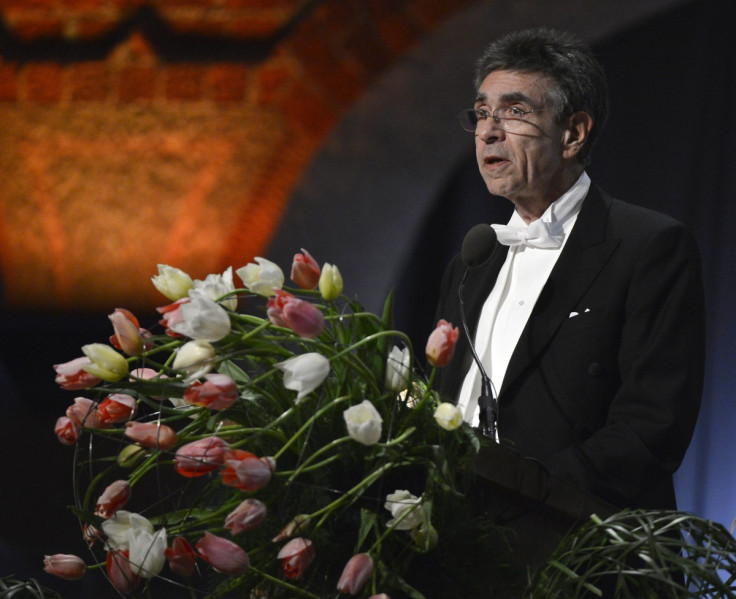Nobel Prize Winner Robert Lefkowitz: Science Cannot Make Headway Because Faith 'Untestable'

A Nobel Prize-winning biochemist has said the scientific community cannot make any headway among the religious community because "facts can't argue against faith".
Robert Lefkowitz, who won a Nobel Prize for chemistry in 2012, said that the reason many people still do not believe in popular science, including evolution, the Big Bang and climate change, is because you cannot challenge faith in the same way you can science.
"When you are putting up facts against faith, facts can't argue against faith," he said. "It makes sense now that science would have made no headway because faith is untestable."
Lefkowitz was commenting following the publication of a poll by AP and GfK, which found many Americans question concepts considered to be truths by the scientific community, such as the age of our planet.
Participants were asked to rate their confidence about several statements relating to science and medicine.
While most people (96%) agreed that smoking causes cancer, 15% say they have doubts about the safety and efficiency of childhood vaccines.
Furthermore, about 40% of people say they are not confident or do not believe the earth is warming because of man-made emissions. A similar amount did not believe Earth is 4.5 billion years old, or that life evolved through natural selection.
The biggest theory Americans cannot believe is the Big Bang theory, with 51% questioning it.
Randy Schekman, who won a Nobel Prize for medicine last year, said: "Science ignorance is pervasive in our society, and these attitudes are reinforced when some of our leaders are openly antagonistic to established facts."
Alan Leshner, chief executive of the American Association for the Advancement of Science, said people value their beliefs over science. The poll, scientists say, highlights a triangle between science, religion and politics, with science being the weakest of all three.
Belief in evolution, the Big Bang and the age of the Earth drops as faith in a supreme being rises. Francisco Ayala, a former priest and professor of biology, philosophy and logic at the University of California, Irvine, said these can be consistent with the Bible, unless you take the book literally.
Another issue is lack of understanding without being able to see it. Several people said they could not believe in the Big Bang because they "weren't there".
The research follows a poll by the Pew Research Centre, which found a third of Americans believe futuristic technology will make the world a more unhappy place.
© Copyright IBTimes 2025. All rights reserved.






















